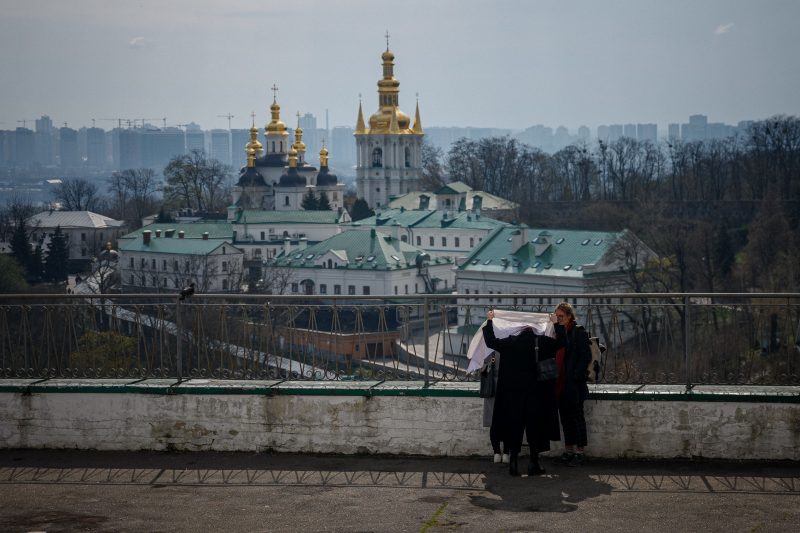In recent years, the Orthodox Church in Ukraine has become a focal point of contention, not only within the country itself but also on the international stage. This religious issue has sparked a heated battle among D.C. lobbyists, each vying to influence the future of the Orthodox Church in Ukraine.
At the heart of the debate lies the question of autocephaly – granting the Ukrainian Orthodox Church independence from the Russian Orthodox Church. The Orthodox Church in Ukraine has historically been under the jurisdiction of the Moscow Patriarchate, a fact that has long been a source of tension and division within Ukrainian society.
On one side of the lobbying battle are groups advocating for autocephaly, arguing that an independent Ukrainian Orthodox Church would affirm Ukraine’s sovereignty and promote unity and independence from Russian influence. These lobbyists seek to rally support from key players in Washington, D.C., leveraging political connections and resources to push their agenda forward.
Conversely, lobbyists aligned with the Moscow Patriarchate are working tirelessly to maintain the status quo and prevent any shifts in the Orthodox Church’s structure. They argue that granting autocephaly to the Ukrainian Orthodox Church would sow further division and discord within the Orthodox community, potentially leading to a schism that could have far-reaching consequences.
The battle between these D.C. lobbyists highlights the intricate web of political, religious, and cultural factors at play in the struggle for the future of the Orthodox Church in Ukraine. As lobbying efforts intensify, it remains to be seen how the outcome of this battle will shape the religious landscape in Ukraine and beyond.
In the midst of these lobbying efforts, the Orthodox faithful in Ukraine find themselves caught in the crossfire, grappling with questions of identity, allegiance, and faith. The future of the Orthodox Church in Ukraine hangs in the balance, with the outcome of this battle likely to have profound implications for the country’s religious and geopolitical landscape.

